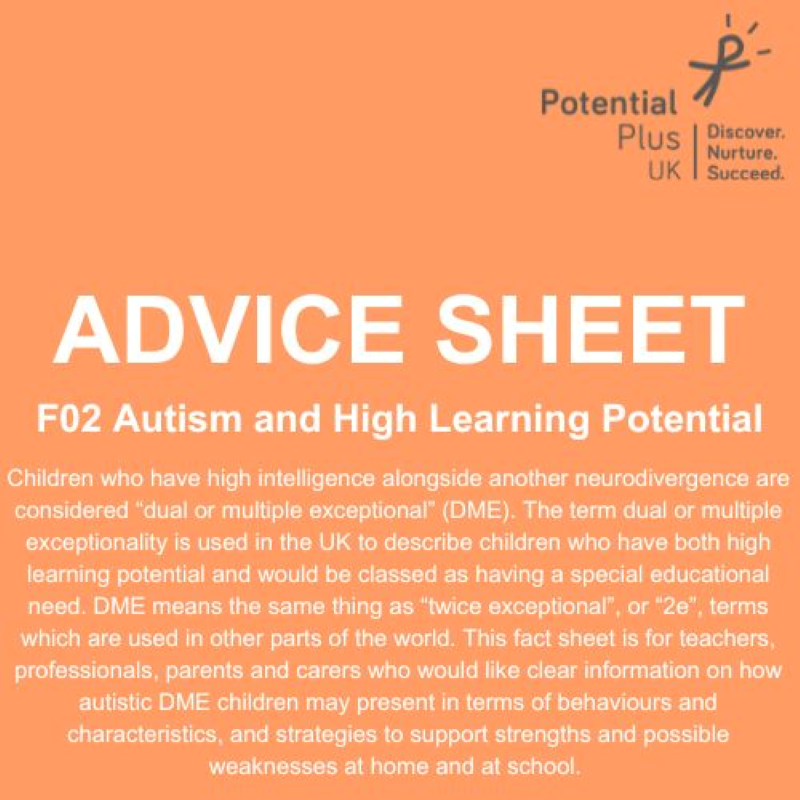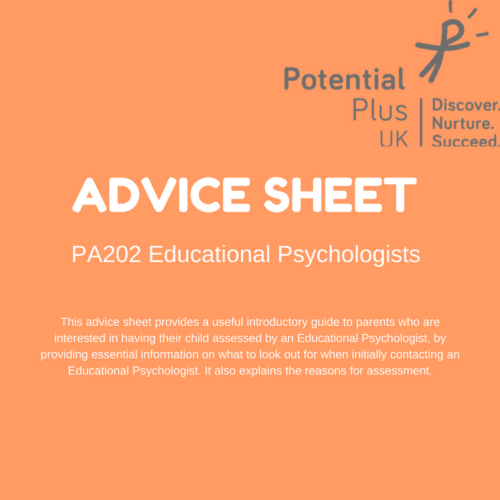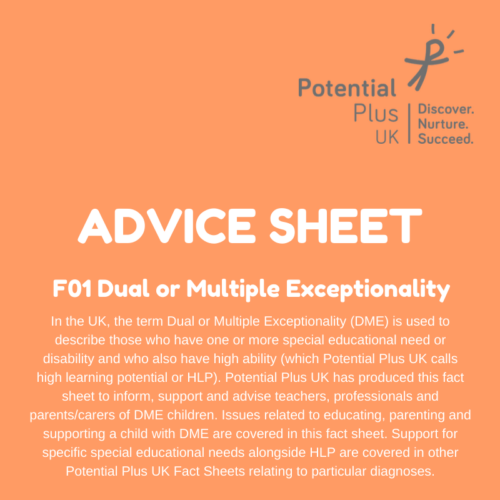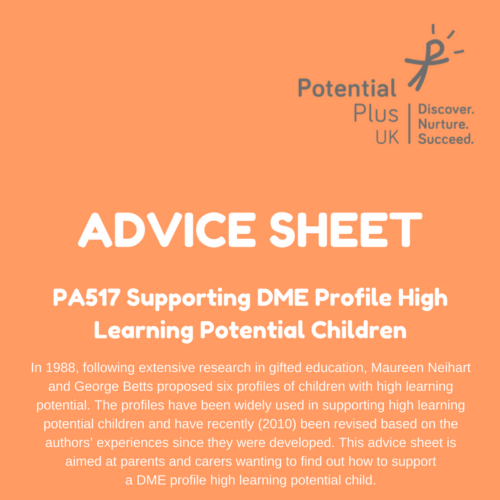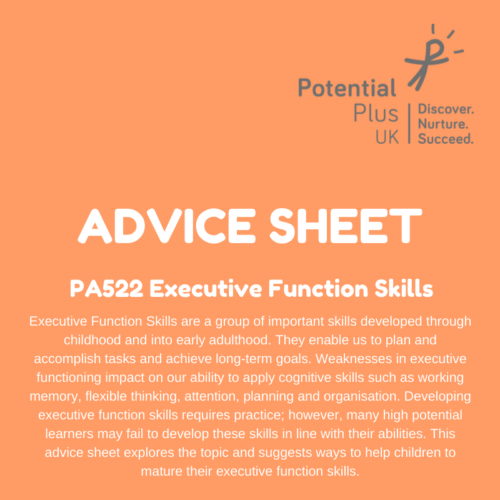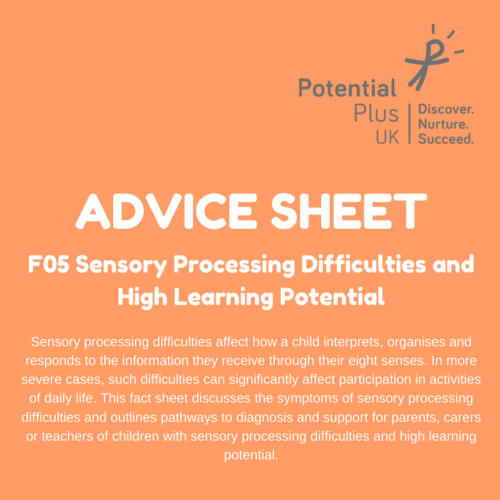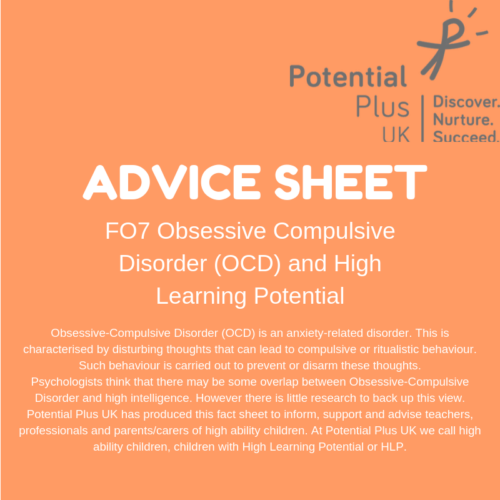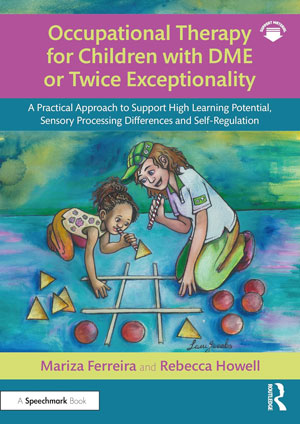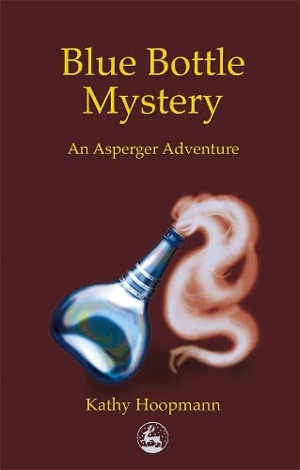Children with high learning potential or giftedness have remarkable potential. Despite this, these children can struggle to participate in everyday life because of a range of needs that are sometimes misunderstood, overlooked or not adequately addressed, leading to underachievement and, in turn, low self-esteem. Needs that, in many cases, paediatric occupational therapists are best suited to address.
Full of examples and with the voices of parents and children at its heart, this book outlines the DME-C tried-and-tested approach to helping children who have challenges relating to their high learning potential, as well as sensory processing differences, unhelpful thought patterns and self-regulation. It draws on the heart of occupational therapy that considers the whole profile of the child, actively caters to the unique profiles of children with dual or multiple exceptionality (DME) and guides therapists towards therapy provision that is strengths-based and achieves favourable outcomes. This resource is essential reading for occupational therapists, SENCOs, education psychologists and other relevant professionals
As an Amazon Associate I earn from qualifying purchases
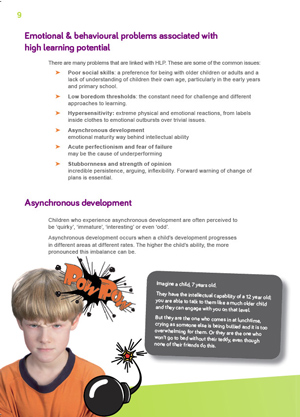
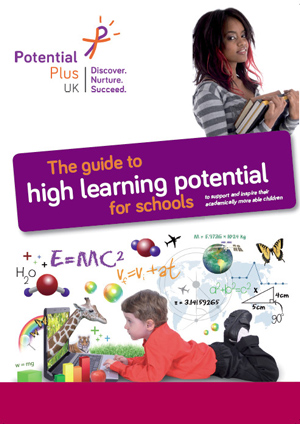 FREE POSTAGE TO UK ADDRESSES This little gem of a booklet is to help schools understand high learning potential and has been used for successful advocacy on many occasions. It covers recognising high learning potential children in the classroom, myths and realities, asynchronous development, what dual or multiple exceptionality (DME) is, and tips for supporting high learning potential children in the classroom. Get your hard copy now!
FREE POSTAGE TO UK ADDRESSES This little gem of a booklet is to help schools understand high learning potential and has been used for successful advocacy on many occasions. It covers recognising high learning potential children in the classroom, myths and realities, asynchronous development, what dual or multiple exceptionality (DME) is, and tips for supporting high learning potential children in the classroom. Get your hard copy now!
 This booklet helps schools to understand high learning potential. It covers recognising children with high learning potential in the classroom, myths and realities, asynchronous development, what dual or multiple exceptionality (DME) is, and tips for supporting children with high learning potential in the classroom.
This booklet helps schools to understand high learning potential. It covers recognising children with high learning potential in the classroom, myths and realities, asynchronous development, what dual or multiple exceptionality (DME) is, and tips for supporting children with high learning potential in the classroom.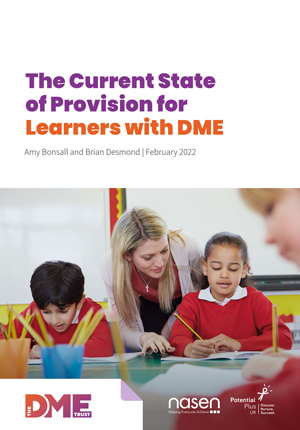 This report from 2022 considers the provision that exists for learners with dual or multiple exceptionality (DME) – learners who have both special education needs or disabilities and high learning potential – through the experiences of parents, carers, educators and service providers. This research was jointly commissioned by Potential Plus UK and nasen in association together as The DME Trust.
This report from 2022 considers the provision that exists for learners with dual or multiple exceptionality (DME) – learners who have both special education needs or disabilities and high learning potential – through the experiences of parents, carers, educators and service providers. This research was jointly commissioned by Potential Plus UK and nasen in association together as The DME Trust.
